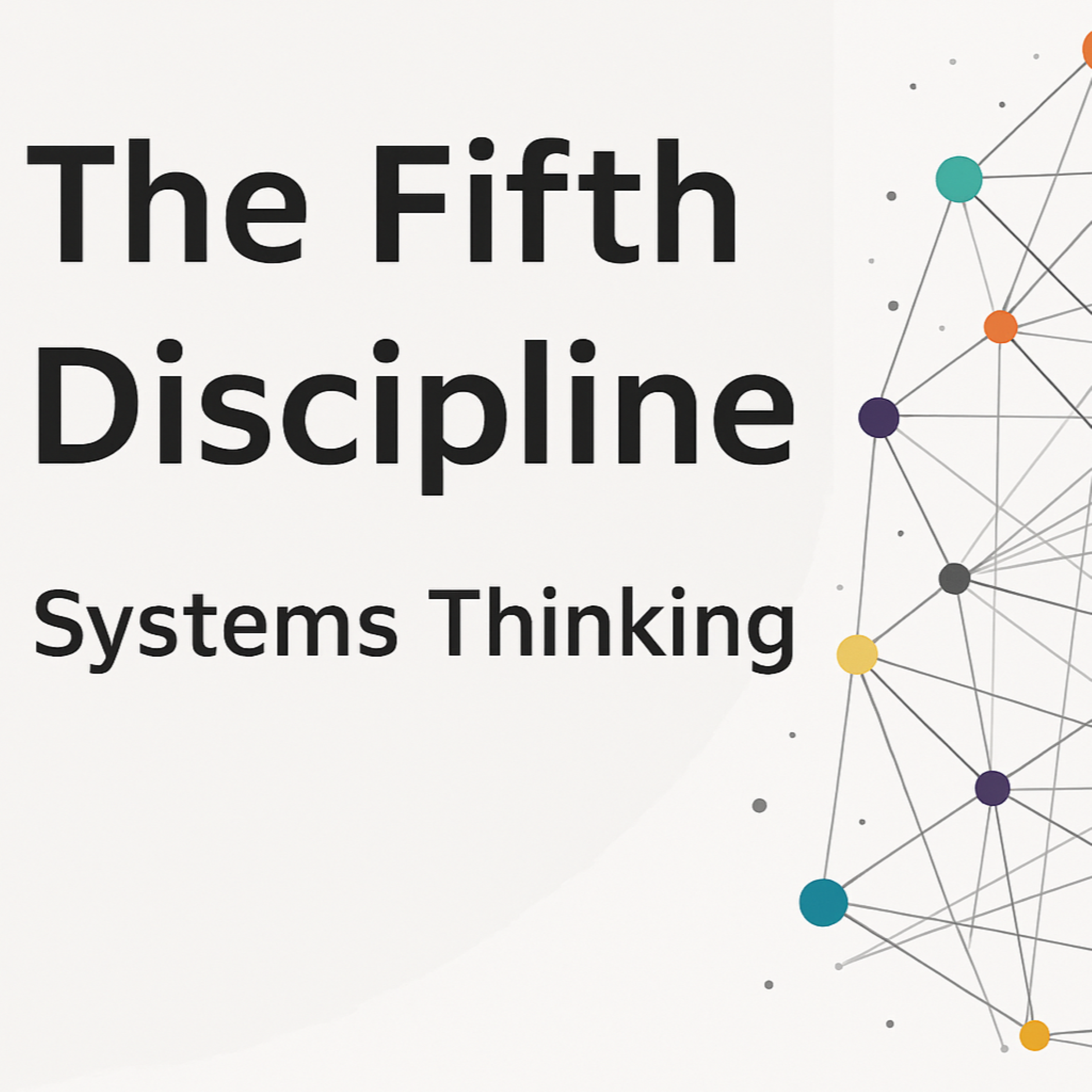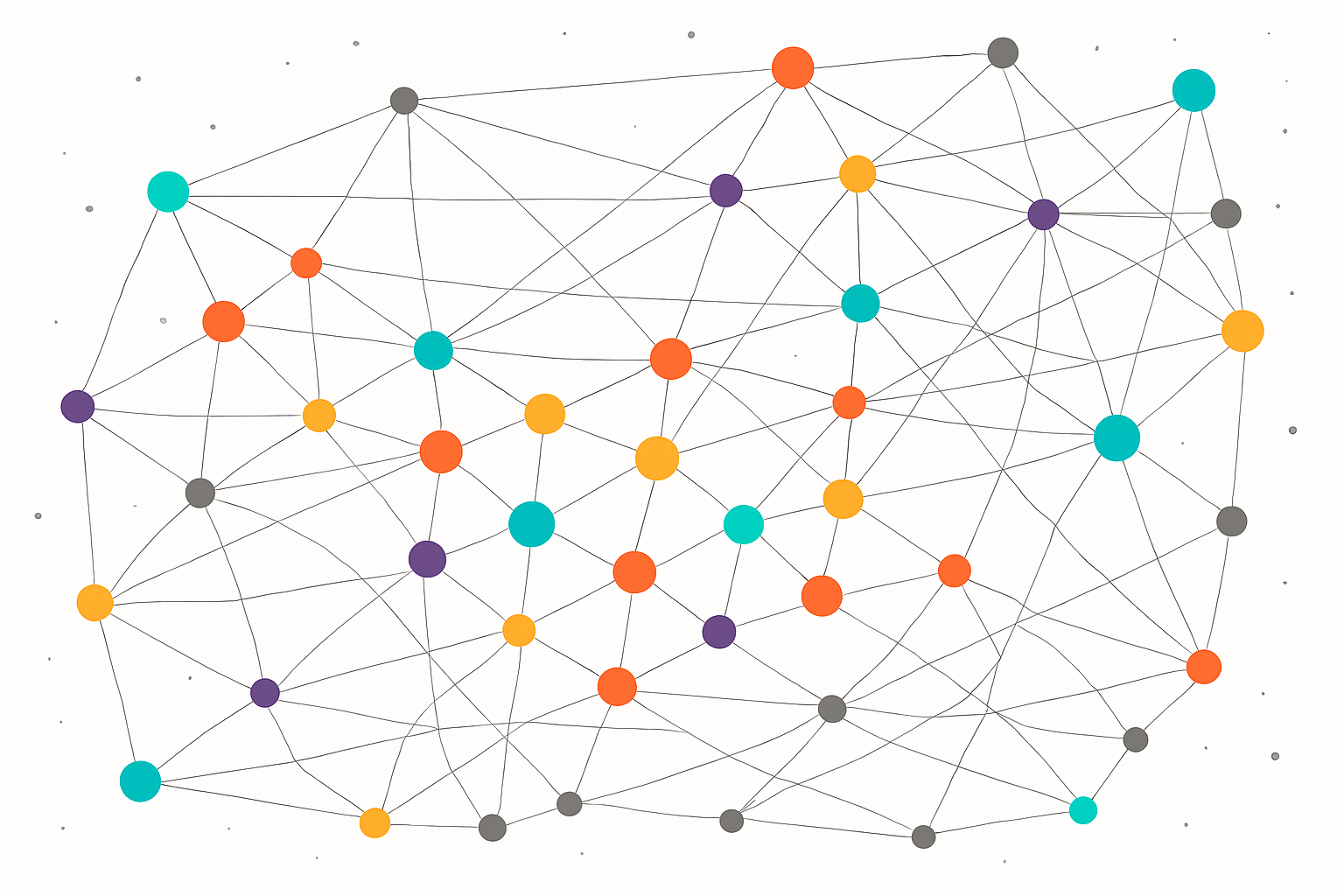Systems Thinking - organisations are complex
19 December 2024

Emphasises the importance of viewing an organisation as a complex system of interrelated parts
Author: Mark Siedle
Some ideas last a long time, although they may be “re-badged” with another name as the years wear on. Peter Senge’s book called “The Fifth Discipline” was first published in 1990, and was followed up with the more practical “Fifth Discipline Fieldbook: Strategies and Tools for building a Learning Organisation”. Today, the five disciplines are as relevant as ever.
Together the five disciplines listed below help to build organisations that are continually learning:
1. Personal Mastery
2. Mental Models
3. Shared Vision
4. Team Learning.
5. Systems Thinking
Firstly, let’s explore the Fifth Discipline of SYSTEMS THINKING,
"Systems Thinking" is the cornerstone of the book. This discipline emphasises the importance of viewing an organisation as a complex system of interrelated parts. Instead of focusing on individual components in isolation, Systems Thinking encourages a holistic approach to problem-solving and decision-making.
At its core, Systems Thinking is about recognising patterns and relationships within the organisation. It helps identify how different elements interact and influence one another, leading to a deeper understanding of the root causes of issues. This approach contrasts with traditional linear thinking, which often addresses symptoms rather than underlying problems.
One of the key concepts in Systems Thinking is the idea of feedback loops. These loops illustrate how actions and decisions can create ripple effects throughout the system. There are two types of feedback loops: reinforcing loops, which amplify changes and can lead to exponential growth or decline, and balancing loops, which counteract changes and help maintain stability. By understanding these loops, organisations can better anticipate the consequences of their actions and make more informed decisions.
Another important aspect of Systems Thinking is the concept of leverage points. These are strategic areas within the system where a small change can lead to significant improvements. Identifying and targeting these leverage points can help organisations achieve their goals more effectively and efficiently.
Systems Thinking also promotes a shift in mindset from blame to responsibility. Instead of attributing problems to individual failures, it encourages looking at the systemic factors that contribute to issues. This perspective fosters a culture of learning and continuous improvement, as it focuses on understanding and addressing the root causes of problems.
In summary, Systems Thinking is a powerful tool for understanding and managing the complexities of an organisation. By adopting this holistic approach, organisations can improve their problem-solving capabilities, enhance decision-making, and create a more resilient and adaptive system.
For a little more detail on the other disciplines, watch this space. (The next article is on Personal Mastery)

(Continuing my aim to utilise AI for efficiency, I acknowledge MS CoPilot for providing an initial draft of this article).

